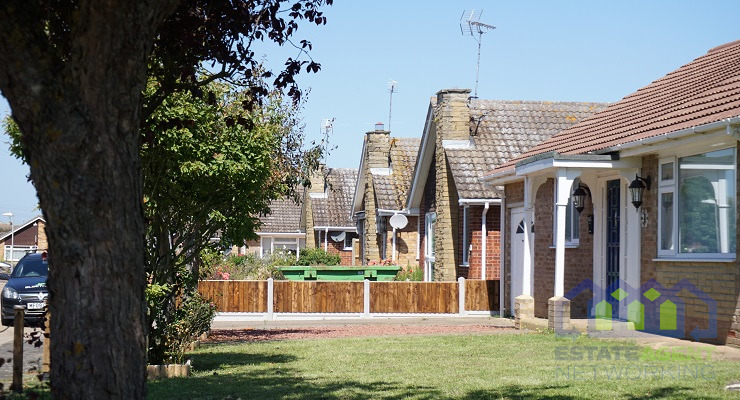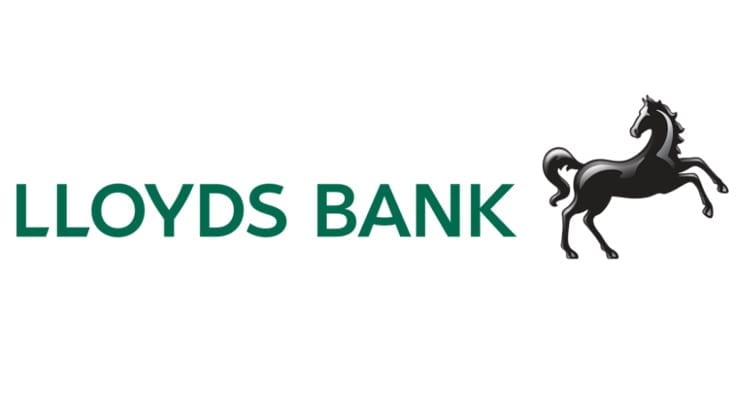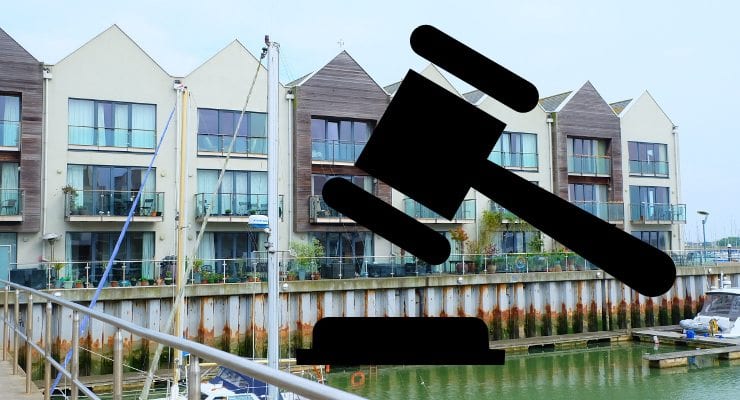First-time buyers now face £33k in upfront costs
First-time buyers now face an average upfront cost of just under £33,000 to purchase a home—a rise of more than £1,000 (3%) compared to 2024.
But why is buying a home so expensive? How can first-time buyers reduce these initial costs? To help, Compare My Move has released a detailed report on the cost of buying a house in 2025, breaking down where your money goes and offering practical tips to help make your house-buying journey a little cheaper.
The table below outlines the various costs involved in moving house and highlights the changes in these costs compared to 2024.
|
The Cost of Buying a House |
% Change |
£ Change |
|
|
Property Surveyors |
£488 |
+6% |
£27 |
|
Conveyancing |
£1,743 |
+13% |
£195 |
|
Valuation Fee |
£452 |
+45% |
£140 |
|
10% Deposit |
£29,200 |
+2% |
£700 |
|
Removal Company |
£1,044 |
-4% |
-£42 |
|
Postal Redirection |
£40 |
11% |
£4 |
|
Cost of Buying a House 2025 |
£32,967 |
3% |
£1,024 |
The largest expense first-time buyers incur when buying a house is the deposit. According to the ONS, the average house price in the UK at the end of December 2024 was £292,000. This means that to put down a 10% deposit on the average house, you would have to spend £29,200.
Conveyancing solicitors are the second most expensive part of the house-buying process. On average, it costs £1,743 to hire a conveyancing solicitor to buy a house, up 13% from 2024. The cost of surveying a property has also risen since 2024, with the valuation fee seeing the largest rise of 45%—the property survey and the valuation survey cost an average of £488 and £452, respectively.
What does this mean for the wider property market?
The increased cost of buying a house for the first time could result in a decrease in first-time buyers in the UK this year. Dave Sayce, founder and managing director of Compare My Move has commented on what effect a lack of first-time buyers will have on the wider property industry.
“If the number of first-time buyers decreases, it will have ripple effects across the property industry. One major impact will be a higher demand for rental properties, which, in turn, will drive up demand for buy-to-let investments. However, with increased taxes on second homes—including stamp duty and council tax in some areas—this could contribute to rising rental costs across the UK.
Another consequence of fewer first-time buyers is that the home-buying process could take longer on average. First-time buyers help speed up transactions because they aren’t part of a chain—they don’t need to sell a property before purchasing one. Without them, sellers may face longer waiting times to complete sales, slowing down the entire market.”









